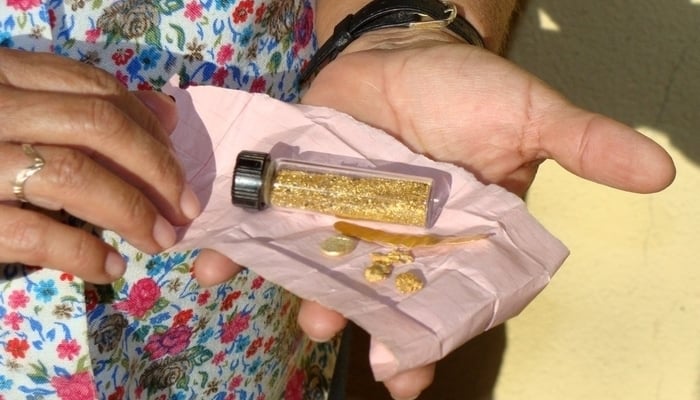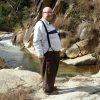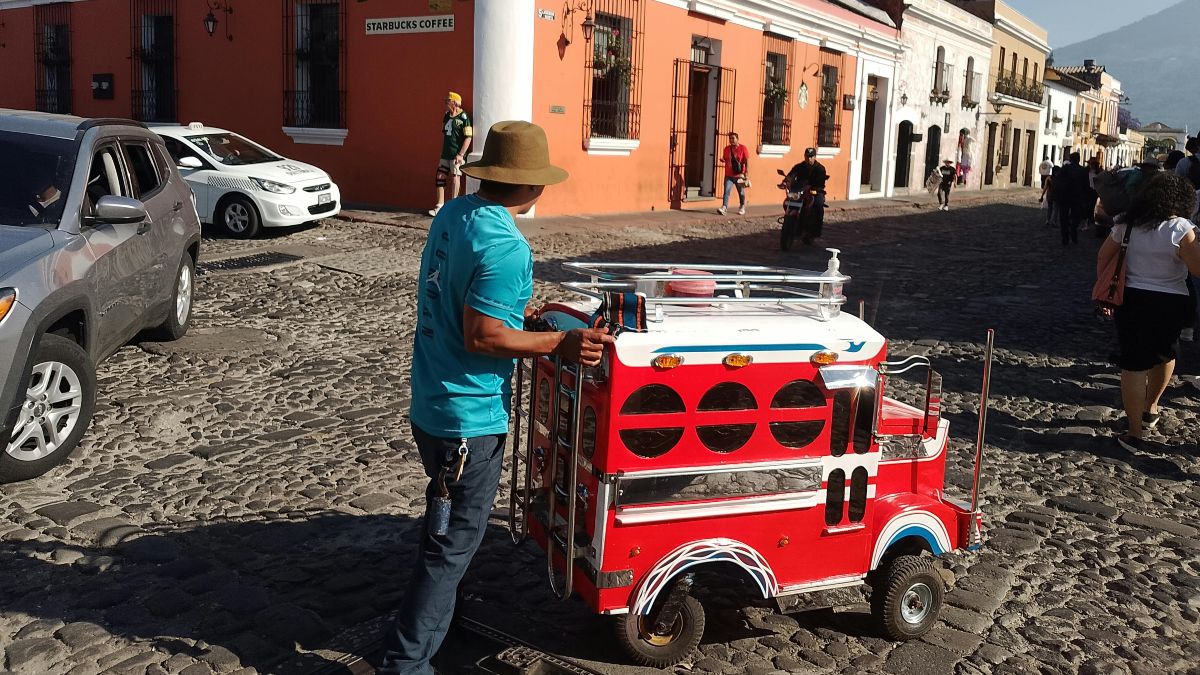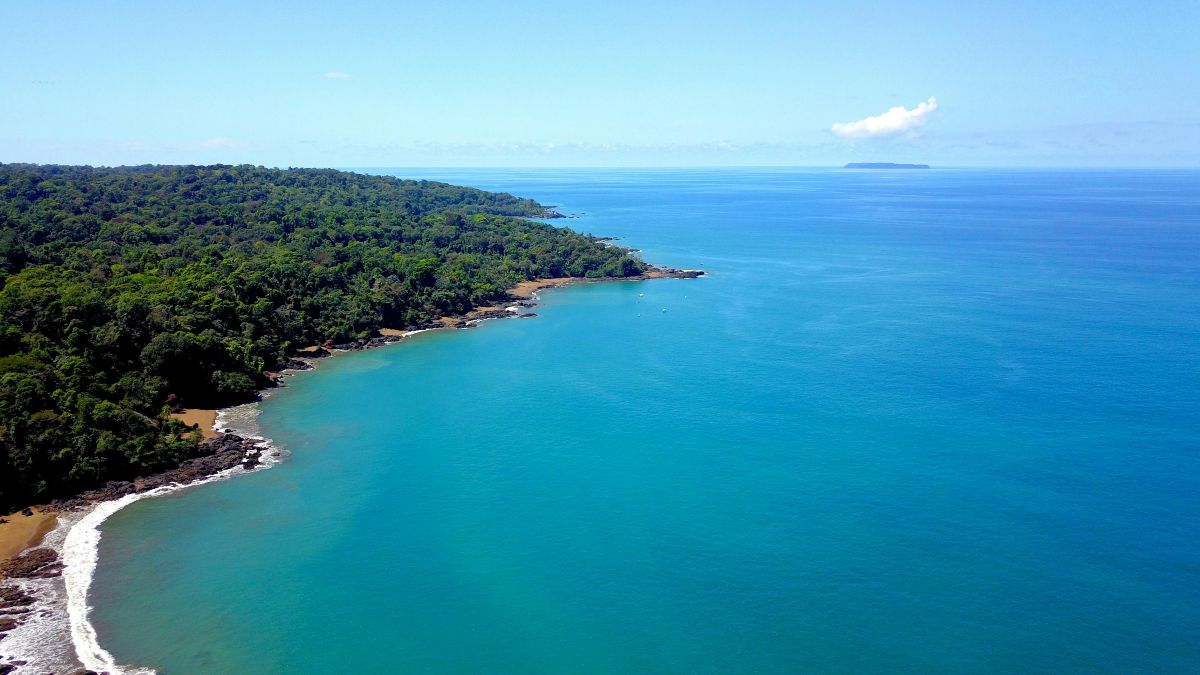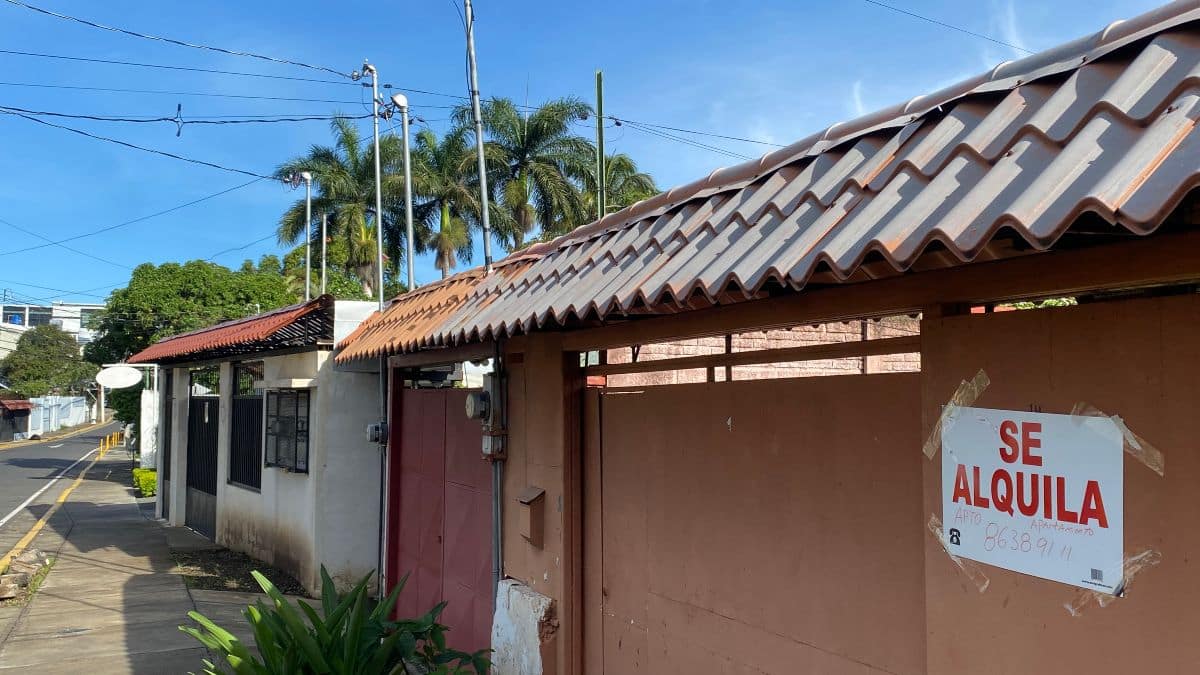For those Nicaragua expats bemoaning how to get their money into the country, long term Diriamba resident Pat Werner has a possible solution, outside of living within your means. How about trying some gold mining in Nicaragua?
Recent social media posts about the difficulty of getting foreign money into Nicaragua amuse me.
I’ve always been able to get a job and support myself here, with the help of my wife, Chilo. She has also worked in Nicaragua most of her life.
We’ve both followed immigration laws, and both Nicaraguan and US tax laws. I’ve never been illegal here, even back when immigrants only had a piece of stamped toilet paper in their passports as proof of residency.
Three years like that. Border crossings were interesting. I also figured out the law, so I qualified for a work permit; no illegal work for me. And becoming a citizen removes all restrictions on foreigners working in Nicaragua.
No bootlegged under-the-table jobs. No screwing over local workers by not paying their INSS and DGI. And no working at whatever I want without getting the Labor Ministry’s approval on any job contract I sign.
I’m mostly retired now, but still work part-time, and hope to continue to do so as long as my health permits. Recent projects of mine include creating an orchid and a botanical garden.
I learned long ago to live on what Chilo and I earn from local sources, plus our retirement.
If you’re a retired US citizen, you can direct deposit your social security pension in Nicaragua, or get it sent to a US bank and then transfer it here. It works for me and my friends, and if you’re an old expat in Nicaragua with a brain, it’ll work for you too.
If transferring money to Nicaragua becomes more difficult, you can always open an account in Costa Rica or Honduras.
La Cruz and Liberia, Costa Rica are relatively close, with La Cruz being about 130 km from where I sit in Diriamba.
But the Costa Ricans are wary of foreigners getting a sudden interest in opening an account in Ticolandia. After all, there are many chele crooks in Costa Rica, and a good dollop of gringo espaldas mojadas.
El Paraíso, Honduras is another alternative, although it’s six hours away. LAFISE has a branch there, and it is easier to open an account in Honduras than in Costa Rica. Especially if you have relatives there, which I do. Besides, I much prefer the Catracho accent to the Tico accent, and also Honduran cooking, like balleados.
Or you can go mining for silver and gold.
Crawling around 200-year-old mineshafts can be dicey, I admit. But I like to do it, despite Chilo’s admonitions not to kill myself in some old Spanish mine. My grandfather was a coal miner, so I guess this interest runs in the family.
You can still find a surprising amount of gold in Nicaragua’s northern streams. And also some large Spanish silver mines. Your hands get dirty and the work is hard – very hard – but I love it. I end up smelting ores with an oxy-acetylene torch, which I enjoy.
I would estimate that some 50,000 artisanal miners work in Nicaragua right now.
Outside of the big mining companies, individual artisanal miners produce around 100,000 troy ounces of gold per year. If you can figure out how to do it, gold mining is another possible source of funds for an intrepid expat. If thousands of miners – some not too literate – can make a living this way, so can you.
And consider all the exercise you’ll get, gold mining in Nicaragua. You’re outdoors in the fresh air, standing up to your knees in a stream, working a gold pan all day. You needn’t join a gym or take pilates or a yoga class. Lounge lizards need not apply.
It’s quite a hobby, and I invite expats to try gold panning in Nicaragua.
Investors interested in gold can consider investing in gold IRAs, which are retirement accounts that allow individuals to invest in gold and other precious metals. The Best gold IRA companies offer a range of investment options, such as physical gold or gold-backed securities, to help individuals diversify their retirement portfolios.
One other thing we do in Diriamba is live within our means.
We spend little on booze or travel. Our children and grandchildren live nearby, and they do the traveling nowadays.
We eat out every week at some of our favorite restaurants in the Diriamba area. Yesterday we had lunch at our favorite mondongería, La Marias, in Masatepe. The tab for both of us was 215 cordobas (about US$6.50).
As for entertainment, I keep busy by doing research at home (I have a good working library), and looking for orchids. I’m now getting snowed under with research projects, all interesting and all covering new ground.
Pat Werner is a longtime resident of Nicaragua, arriving in 1987. He lives outside of Diriamba with his wife Chilo. More of his work can be found on his Nicaraguan Pathways website.
